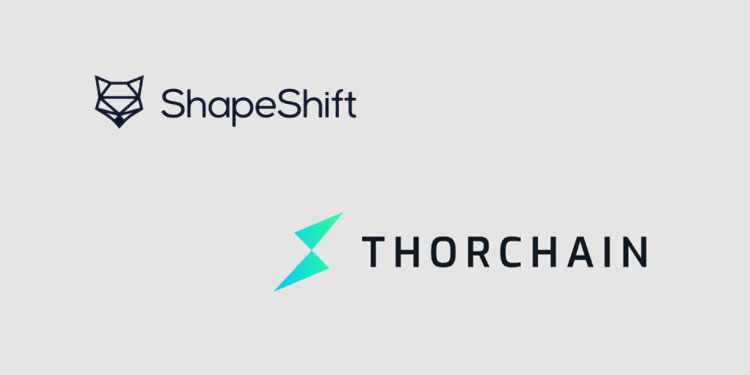This past weekend, leading bitcoin and blockchain asset exchange ShapeShift joined other crypto exchange and blockchain technology companies in leaving the State of Washington.
The state’s regulators have taken the position that a new law, Senate Bill 5031 signed back on April 17th, should require a license for blockchain service providers operating in the state.
Exchanges such as ShapeShift would not be able to service customers in the state without first obtaining a Washington State money transmitter license.
Others who “left” include Bitstamp, Poloniex, Kraken, LakeBTC, and Bitfinex (who recently announced is totally leaving the U.S. market).
The ShapeShift team said:
“We believe that this position – like the position taken by New York regulators in the BitLicense – endangers customers, stifles growth, and generates unnecessary frictional costs for young innovators. Worse, it does so for little to no gain for the State’s residents. Because ShapeShift is noncustodial, there is no more risk of loss to our customers than to the customers of a snack machine.”
“We believe the position that Washington’s regulators have taken is unethical, wasteful, and reckless. We cannot expect the same people, and the same thinking, that designed, built, and promoted the legacy fiat financial system to do what is needed to build a better alternative.”
“Still, as a customer-facing service provider operating in hundreds of jurisdictions, ShapeShift AG takes regulatory compliance seriously. As such, we are terminating service to Washington. Unfortunately, this means that Washingtonians will be required to use less-secure, more-expensive services. As in New York, the future of finance will no longer flourish there.”
ShapeShift recently acquired Bitcoin hardware wallet company, KeepKey, which is based in Washington. However, because of this aforementioned law, KeepKey will now be moving its headquarters permanently away from the state. The jobs KeepKey had already created and continue to create in the future will leave with it as well.
The ShapeShift team finished their update by encouraging other US states to work with expert organizations like Coin Center, which understand blockchain and digital asset technology and the value it brings to society, in planning more responsible policy.
Summary of Virtual Currency Portion of Bill (which came into effect on July 23rd)
The definition of money transmission includes receiving virtual currency. A money transmitter licensee transmitting virtual currencies must hold like kind virtual currencies in the same volume obligated to consumers. Virtual currency means a digital representation of value used as a medium of exchange, a unit of account, or a store of value. Virtual currency licensees must provide information to any person seeking to use the licensee’s products or services including a schedule of fees and charges, whether the product or services are insured, whether the transfer is irrevocable, the licensee’s liability for mistakes, and additional disclosures as required by the Director established in rule. When applying for a license, a virtual currency money transmitter must provide a third-party security audit of their electronic systems to the DFI
Bond Requirement
Each online currency exchanger must maintain a surety bond in an amount based on the previous year’s currency exchange volume. The minimum surety bond must be at least $10,000 and not exceed $50,000 and the surety bond must run to the state of Washington. The Director of the DFI may issue a temporary cease and desist order if an online currency exchanger does not maintain a surety bond in the required amount. The Director may increase the amount of the bond up to a maximum of $1 million based on the nature and volume of business activities and the financial health of the company.
The ability for the DFI to increase bond requirements up to $1 million for money transmitters may be based on the nature and volume of business activities in addition to the financial health of the company. Security in lieu of bonds is no longer available for money transmitters.






















